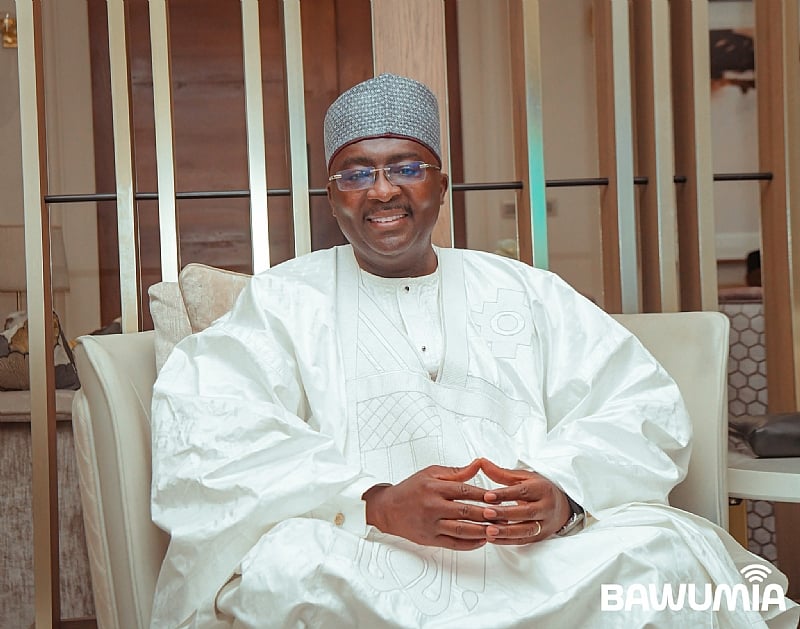Eid ul-Fitr, the festival marking the end of Ramadan, the Islamic holy month of fasting, is a time of great joy and celebration for Muslims worldwide. It is a period of spiritual reflection, communal bonding, and renewed commitment to the principles of Islam. Dr. Mahamudu Bawumia, former Vice President of Ghana, and his wife, Samira Bawumia, joined the global Muslim community in commemorating this sacred occasion, extending their heartfelt felicitations to Muslims in Ghana and across the globe. Their message, imbued with warmth and piety, acknowledged the successful completion of Ramadan and invoked divine blessings upon individuals, families, and the nation.
The month of Ramadan is a time of intense spiritual devotion, where Muslims abstain from food and drink from dawn till dusk, engaging in prayer, reflection, and acts of charity. This period of self-discipline and heightened spiritual awareness is believed to purify the soul and strengthen one’s connection with God. Eid ul-Fitr signifies the culmination of this spiritual journey, a time to rejoice in the blessings of forgiveness, renewed faith, and communal solidarity. Dr. Bawumia’s message resonated with the spirit of Eid, expressing gratitude for the successful completion of Ramadan and praying for the acceptance of supplications and the bestowal of divine favor.
The celebration of Eid ul-Fitr transcends individual piety and extends to the broader community. It is a time for strengthening social bonds, sharing meals with family and friends, and extending kindness to those in need. Charity and compassion are central tenets of Islam, and the month of Ramadan emphasizes the importance of giving back to society, particularly to the less fortunate. Dr. Bawumia’s message underscored this crucial aspect of Eid, urging Muslims to continue demonstrating the virtues of kindness cultivated during Ramadan, especially towards the poor and vulnerable members of society.
The act of giving Zakat, a mandatory form of charity in Islam, is particularly significant during Ramadan and Eid ul-Fitr. Zakat is a form of wealth redistribution that aims to alleviate poverty and promote social justice. Muslims are obligated to donate a portion of their wealth to support those in need, including the poor, the orphaned, and the needy. This practice fosters a spirit of generosity and shared responsibility within the Muslim community. By emphasizing the continuation of acts of kindness, Dr. Bawumia’s message implicitly encouraged the practice of Zakat and other forms of charitable giving, reinforcing the importance of social welfare and communal support.
Beyond its religious significance, Eid ul-Fitr also holds cultural and social significance. It is a time for families to come together, exchange gifts, and participate in festive celebrations. Traditional foods are prepared and shared, and communities come alive with vibrant colors and joyful festivities. The celebration of Eid strengthens cultural identity and promotes unity within the Muslim community. Dr. Bawumia’s message, by acknowledging the shared experience of Ramadan and the joy of Eid, fostered a sense of collective identity and belonging amongst Muslims in Ghana.
In essence, Dr. Bawumia’s Eid message was a call for continued spiritual reflection, communal harmony, and social responsibility. It emphasized the importance of carrying forward the positive values cultivated during Ramadan, such as kindness, compassion, and generosity, into everyday life. By highlighting the significance of helping the poor and vulnerable, the message underscored the Islamic principles of social justice and communal support. Ultimately, it served as a reminder of the true spirit of Eid ul-Fitr – a celebration of faith, family, and community, and a renewed commitment to living a life of piety and service to humanity.














